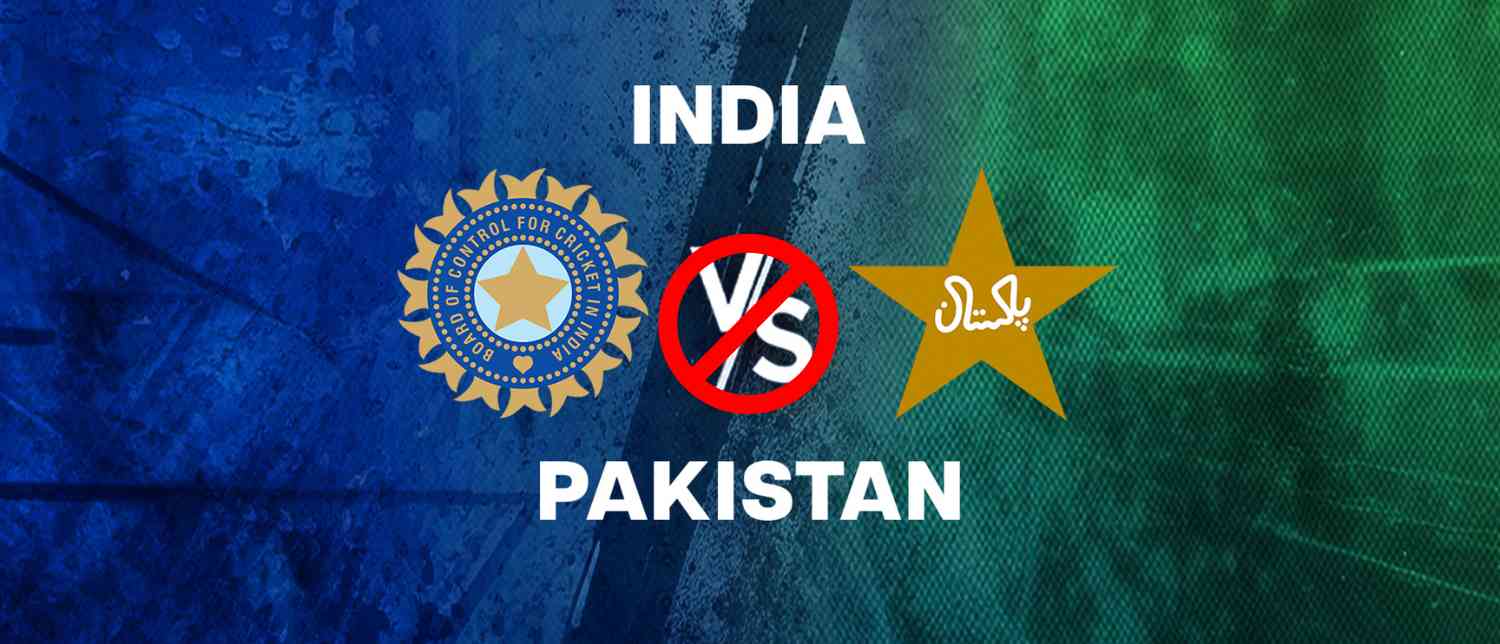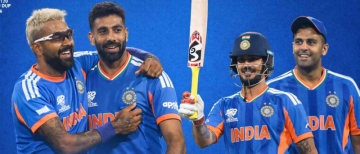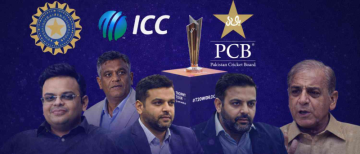Five months ago, India mourned. On April 22, 2025, in Pahalgam, terrorists from Pakistan lined up innocents, forced them to recite verses at gunpoint, and massacred 26 people in cold blood. Families were shattered, lives torn apart, and the nation united in grief and anger. The attack triggered Operation Sindoor, a four-day military offensive where Indian forces struck terror infrastructure across the border. Soldiers died, civilians bled, and India was promised that sacrifices would not be forgotten.
Yet today, as if nothing happened, India faces Pakistan—not on the battlefield but on the cricket pitch. The Asia Cup 2025 clash in Dubai has sparked outrage across the country, with families of victims, Army veterans, political leaders, and common citizens calling the match a betrayal.
The question burning in every patriot’s heart is simple: why are we playing cricket with a country that kills our people, mocks our martyrs, and fuels terror on our soil?
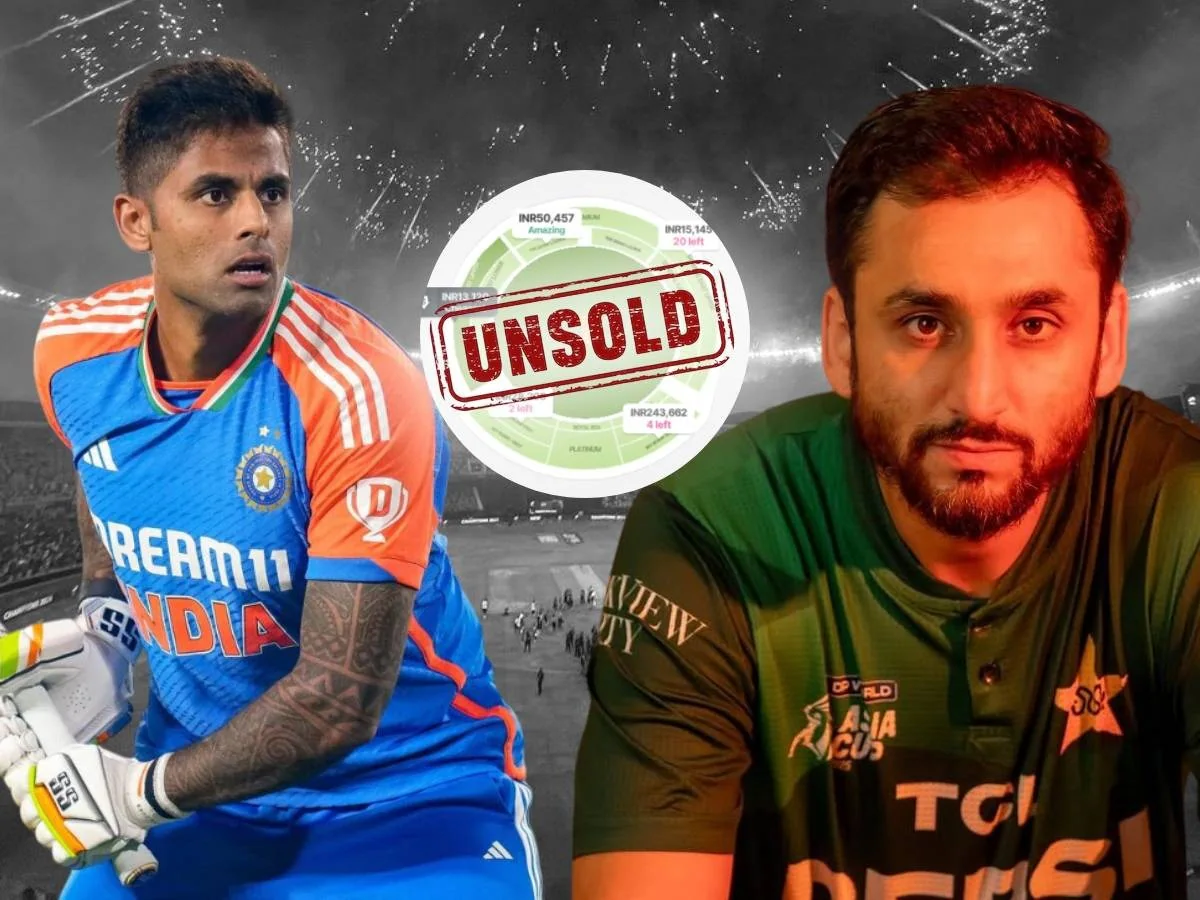
“They Have No Shame”: Voices from Pahalgam’s Families
For those who lost their loved ones, the India-Pakistan match is not just insensitive—it is an open wound being rubbed with salt.
Take Asavari Jagdale, the 26-year-old daughter of Santosh Jagdale, a Pune-based businessman killed in Pahalgam. She recounted how her father was forced to recite Islamic verses before being shot thrice in the head. Her pain now turns into anger at cricket boards and players.
“It has not even been 6 months since the Pahalgam incident. Operation Sindoor took place after that. And yet they are shamelessly organising this match. These cricketers are called heroes because they represent the country, but are they really heroes when they play against people who have blood on their hands?”
Other families echo her outrage. Sawan Parmar, who lost both his father and younger brother, asked:
“If you want to play the match, bring me back my 16-year-old brother who was shot with so many bullets. Otherwise, what was the point of Operation Sindoor? It seems like a waste now.”
Widows, parents, and siblings of the slain are speaking out, calling cricket with Pakistan a mockery of their grief. Aishanya Dwivedi, whose husband was among the killed, said bluntly:
“It seems the BCCI has no feelings for those 26 people who died. Because no one from their family died, they don’t care.”
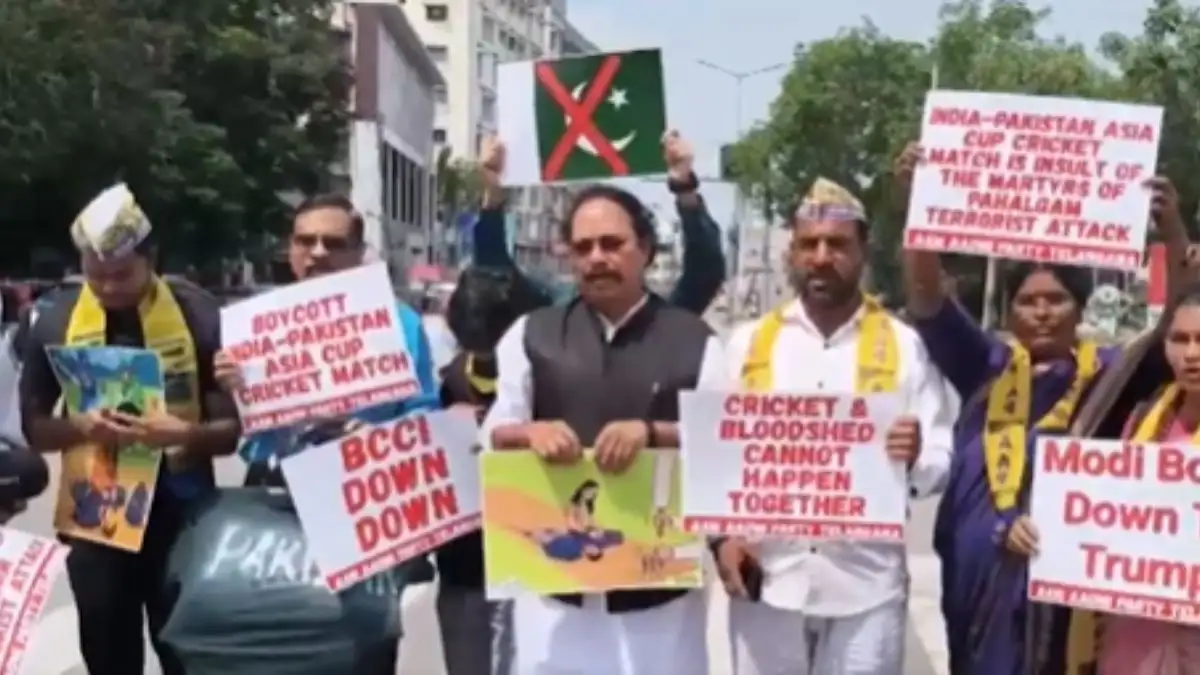
Boycott Calls Sweep the Nation
The backlash is not limited to victims’ families. From decorated Army veterans to political leaders to celebrities, the nation is united in its call: Boycott the India-Pakistan match.
-
Major Manik Jolly (retd): “The Asia Cup deserves an empty stadium. No viewership on TV. Let this be a wake-up call for sponsors and BCCI.”
-
Major Pawan Kumar (Shaurya Chakra): Urged media outlets not to flash score updates or “make breaking news out of the match” to respect public sentiment.
-
Actor Satish Shah: “I sincerely urge every patriot and true Indian to strictly boycott the match. Just switch off the TV.”
-
Pollster Yashwant Deshmukh: Declared he would skip all India-Pakistan matches and unfollow cricket enthusiasts online.
-
EaseMyTrip: Even corporate India has joined the resistance. EaseMyTrip, a travel giant, withdrew sponsorship, declaring: “Some things are bigger than sport. We cannot support an event that normalises relations with a country promoting terrorism.”
On social media, hashtags like #BoycottIndvsPak and #NoCricketWithTerror trended for weeks.
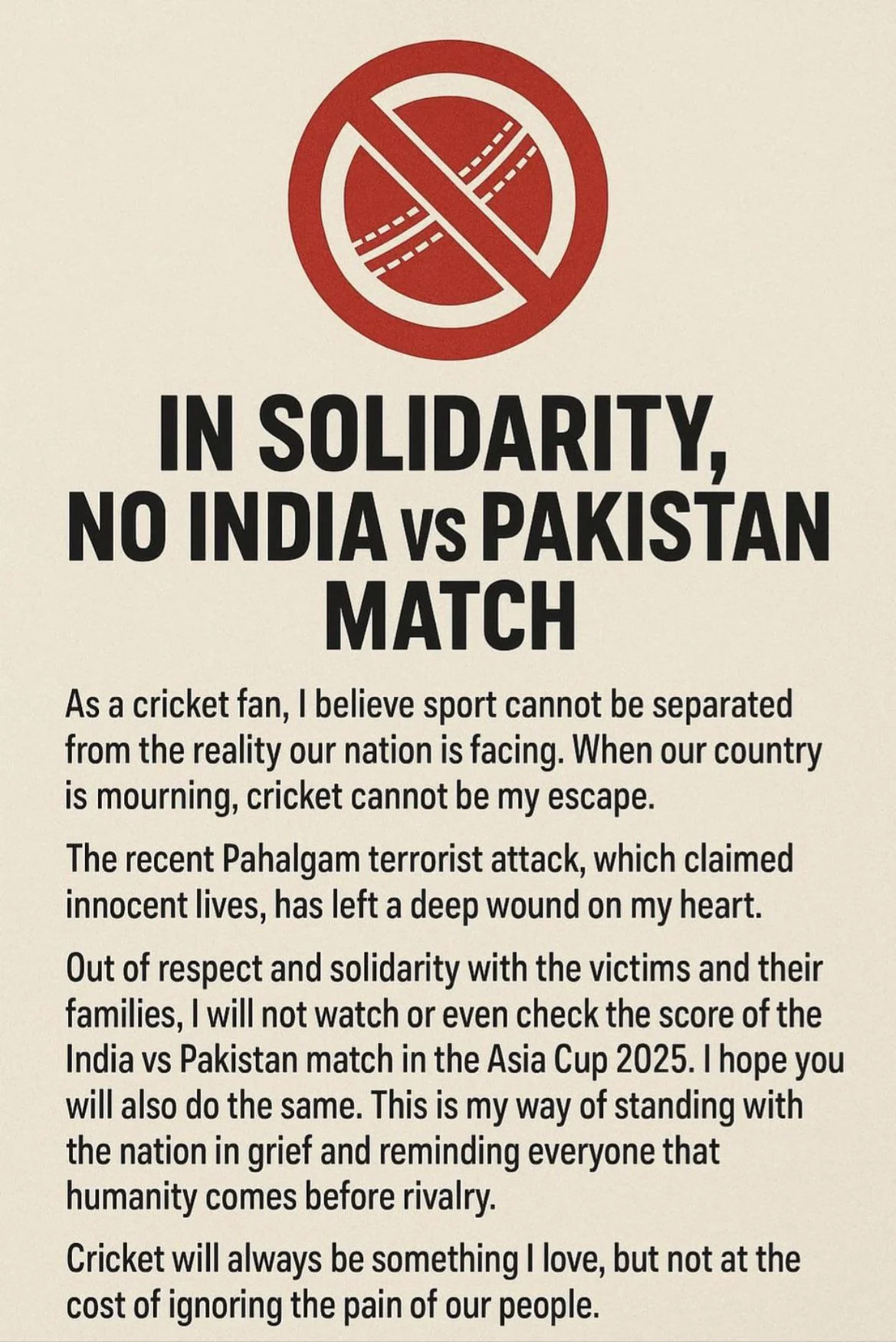
The Opposition: Betrayal of Martyrs
Political outrage has been sharp and consistent.
-
Uddhav Thackeray (Shiv Sena UBT) accused the government of turning patriotism into a business:
“Our Prime Minister once said blood and water cannot flow together. Then how can blood and cricket flow together? They are doing business in patriotism—only for money.”
His party’s women workers staged “Sindoor protests,” sending vermilion to the PMO as a symbolic reminder of widows created by terror. -
Aaditya Thackeray demanded the BCCI pull out immediately:
“Do 2 points really matter to the best team in the world? Players must realise they are playing against a country from where terrorists came and massacred innocents in Pahalgam.”
-
Arvind Kejriwal, former Delhi CM, accused the Prime Minister of bowing to foreign pressure:
“The whole country is saying this match should not happen. Why is it still being organised? Is this also under Trump’s pressure?”
-
Asaduddin Owaisi (AIMIM) asked a chilling question:
“Does the money from this match, worth thousands of crores, outweigh the 26 lives lost in Pahalgam? Playing Pakistan is a betrayal.”
Congress leaders too slammed the government for “putting profit above pain,” accusing the BJP of hypocrisy—banning trade, water, and flights, but allowing cricket.
पाकिस्तान के साथ मैच खेलना देश के साथ ग़द्दारी है। हर भारतीय इस बात से बेहद ग़ुस्से में है। https://t.co/raX7fitChQ— Arvind Kejriwal (@ArvindKejriwal) September 14, 2025
The Government and BCCI: “Two Separate Issues”
The ruling side, however, has defended the match, insisting that cricket and conflict are “different issues.”
-
Union Minister Manohar Lal:
“Operation Sindoor and the cricket match are two different issues. Players have worked hard. The decision was taken thoughtfully.”
-
BCCI Secretary Devajit Saikia argued that India had no choice, since the Asia Cup is a multinational event:
“If we boycott, it will damage our chances of hosting global tournaments like the Olympics. Bilateral cricket with Pakistan is banned since 2012, but in multilateral tournaments, we must play, or risk sanctions.”
Saikia explained that refusing to play could hurt India’s bids for the 2036 Olympics or the Commonwealth Games, with international federations viewing India as unreliable.
For the BCCI, cricket diplomacy isn’t about emotion but about avoiding isolation in global sport.
The match can be boycotted even today, even now.
The @BCCI can still show India that it belongs to India, and not to greed of money.
The BCCI can still prove that it isn’t anti- national.
Do 2 points really matter to the best team in the world?
Those playing today on the…— Aaditya Thackeray (@AUThackeray) September 14, 2025
Fans: A Divided Nation
Among ordinary Indians, emotions are raw and divided.
-
Rohit Chandel (Jammu): “Being Indian, our favourite is obviously India. The match won’t be easy, but India will win like always.”
-
Asgar Ali (Ahmedabad): “This match should not be played. Such a significant incident happened in our country, and yet we are playing Pakistan. We should boycott completely.”
-
Praveen Kashyap (Delhi): “This rivalry is part of cricket’s appeal. People have a special affinity for sports. We must separate sport from politics.”
Many fans admit they’ll watch despite their discomfort, because of the thrill of the rivalry. But others insist switching off is the only moral stand.
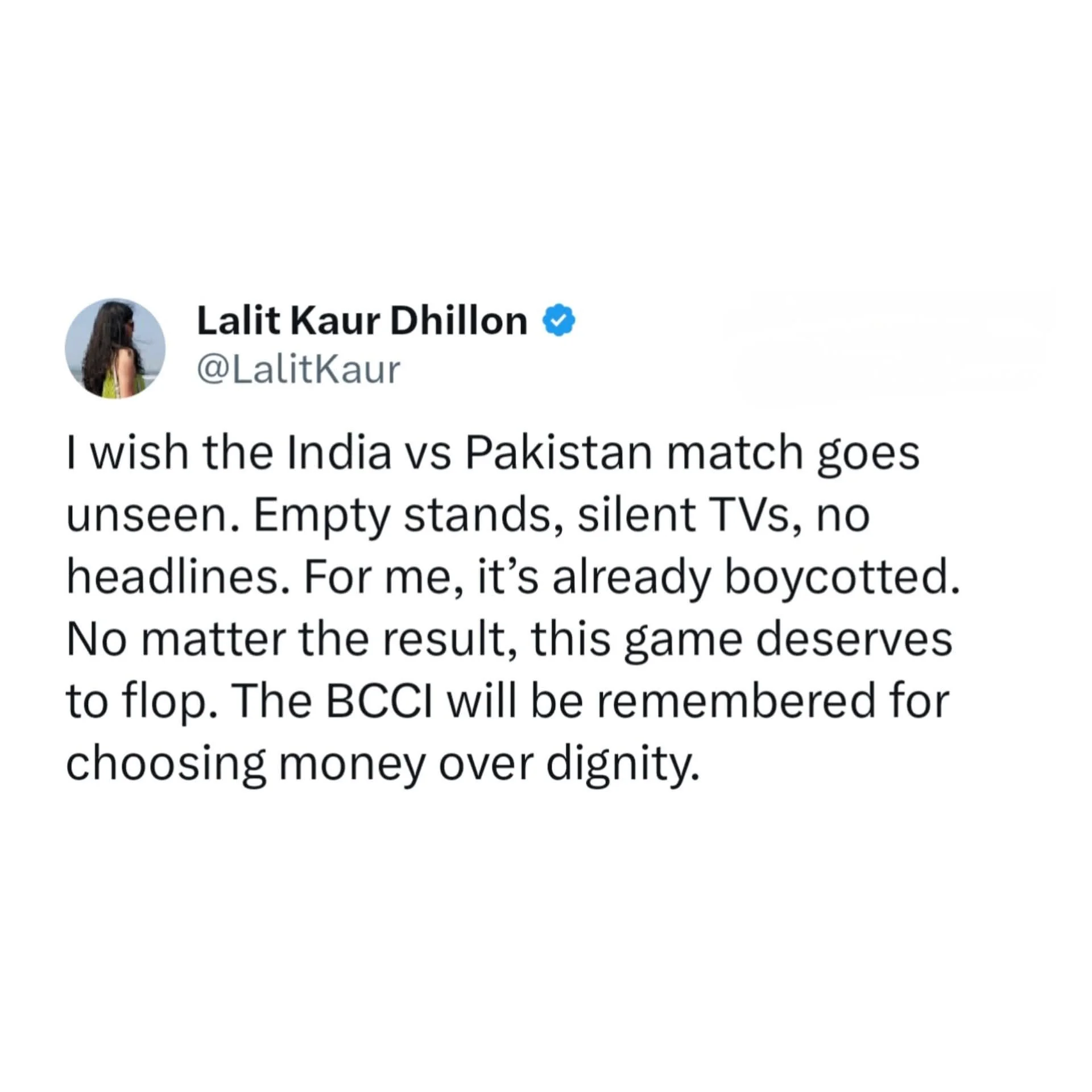
Empty Seats, High Prices, and Cold Reception
Unlike past India-Pakistan matches, which sold out in hours, this Asia Cup clash faced unsold tickets. The exorbitant pricing—up to ₹4 lakh for VIP packages including lounges, unlimited food, and private restrooms—has left stands half-empty.
The subdued hype reflects the nation’s conflicted mood. For once, cricket fever seems overshadowed by national grief.
Sport vs. Sentiment: The Hypocrisy Question
The contradiction is glaring. India suspended the Indus Water Treaty, halted trade, and blocked flights to Pakistan after Pahalgam. Diplomats thundered at global forums about Pakistan’s terrorism. Yet when it comes to cricket, the rhetoric softens.
As AIMIM’s Owaisi pointed out in Parliament:
“On one hand, you say water and blood cannot flow together. On the other, you allow cricket. How is this not hypocrisy?”
Even Shiv Sena’s Priyanka Chaturvedi reminded that Pakistani cricketers mocked India on social media after Operation Sindoor, making the game an insult layered upon injury.
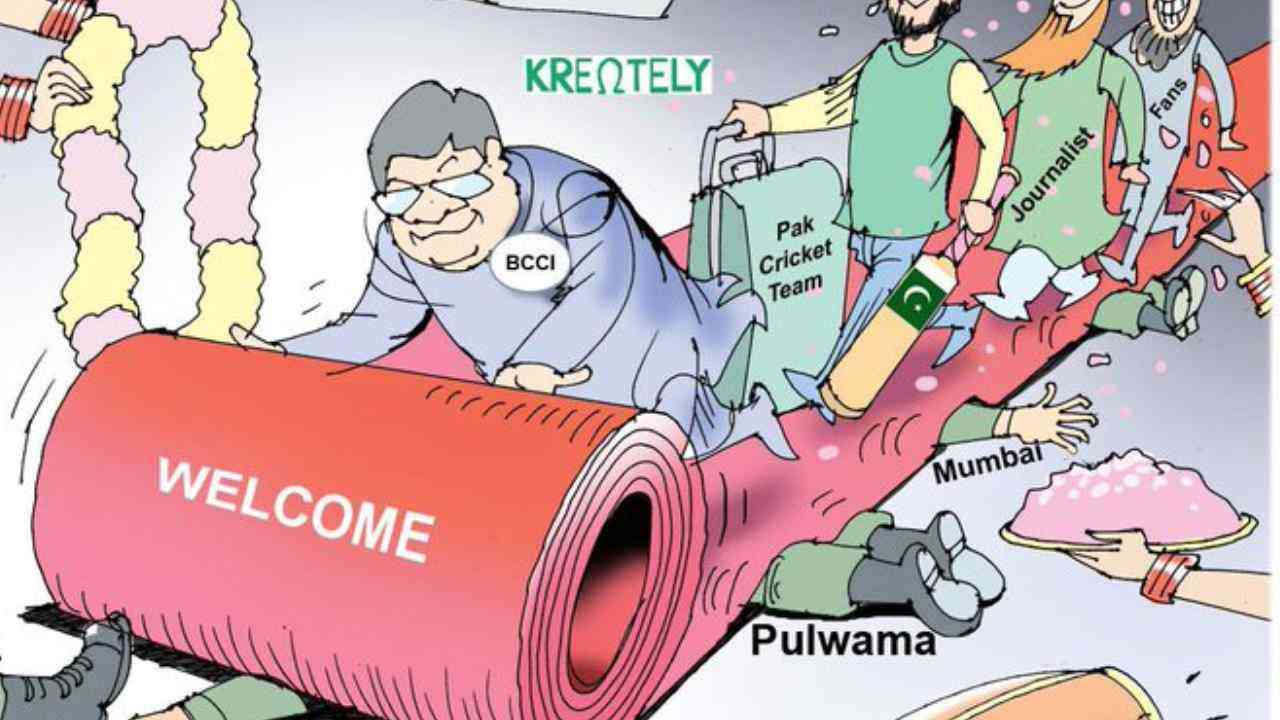
Beyond Winning or Losing
At the heart of this storm lies a haunting question: even if India wins, will the victory feel sweet? For many, the answer is no. Because the match itself should never have taken place.
Every six hit, every wicket taken, will remind Indians of the 26 voices silenced in Pahalgam. For their families, there is no entertainment, no thrill—only the ache of betrayal.
When Cricket Costs More than Lives
The Asia Cup 2025 clash between India and Pakistan has become far bigger than cricket. It is not about Suryakumar Yadav’s captaincy or Jasprit Bumrah’s pace. It is about whether India values money, prestige, and sporting image more than the blood of its own people.
Playing Pakistan so soon after Pahalgam is not sportsmanship—it is forgetfulness dressed up as diplomacy. It tells grieving families that their loss is less important than TV ratings and sponsorship deals.
The Army fights at the border, citizens mourn their dead, but cricket rolls on, business as usual.
So the real scoreboard is not about runs and wickets. It is about conscience. And in that match, by agreeing to play Pakistan, India has already lost.
Views expressed in the above piece are personal and solely those of the author. They do not necessarily reflect Vygr’s views.
With inputs from agencies
Image Source: Multiple agencies
© Copyright 2025. All Rights Reserved. Powered by Vygr Media.

